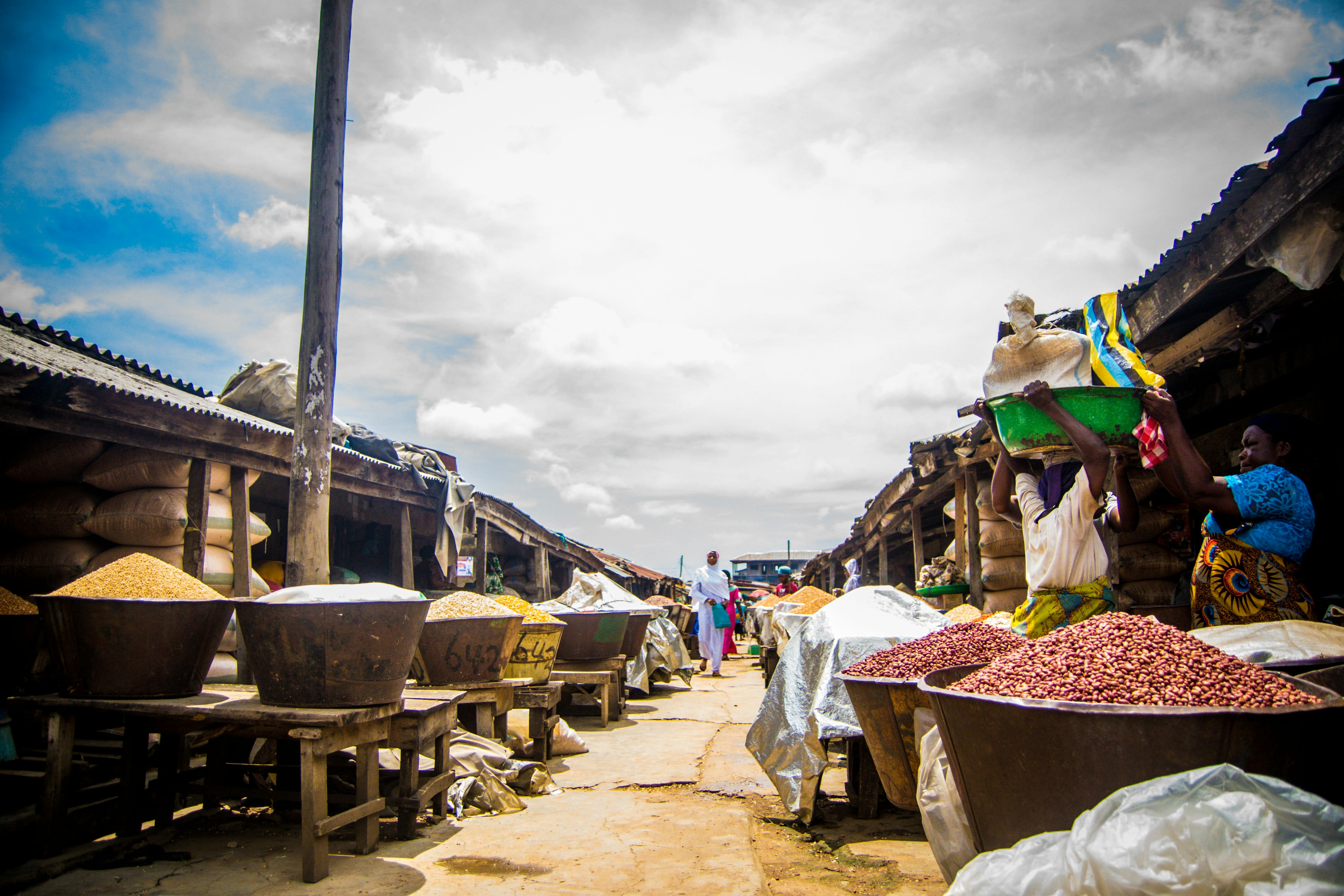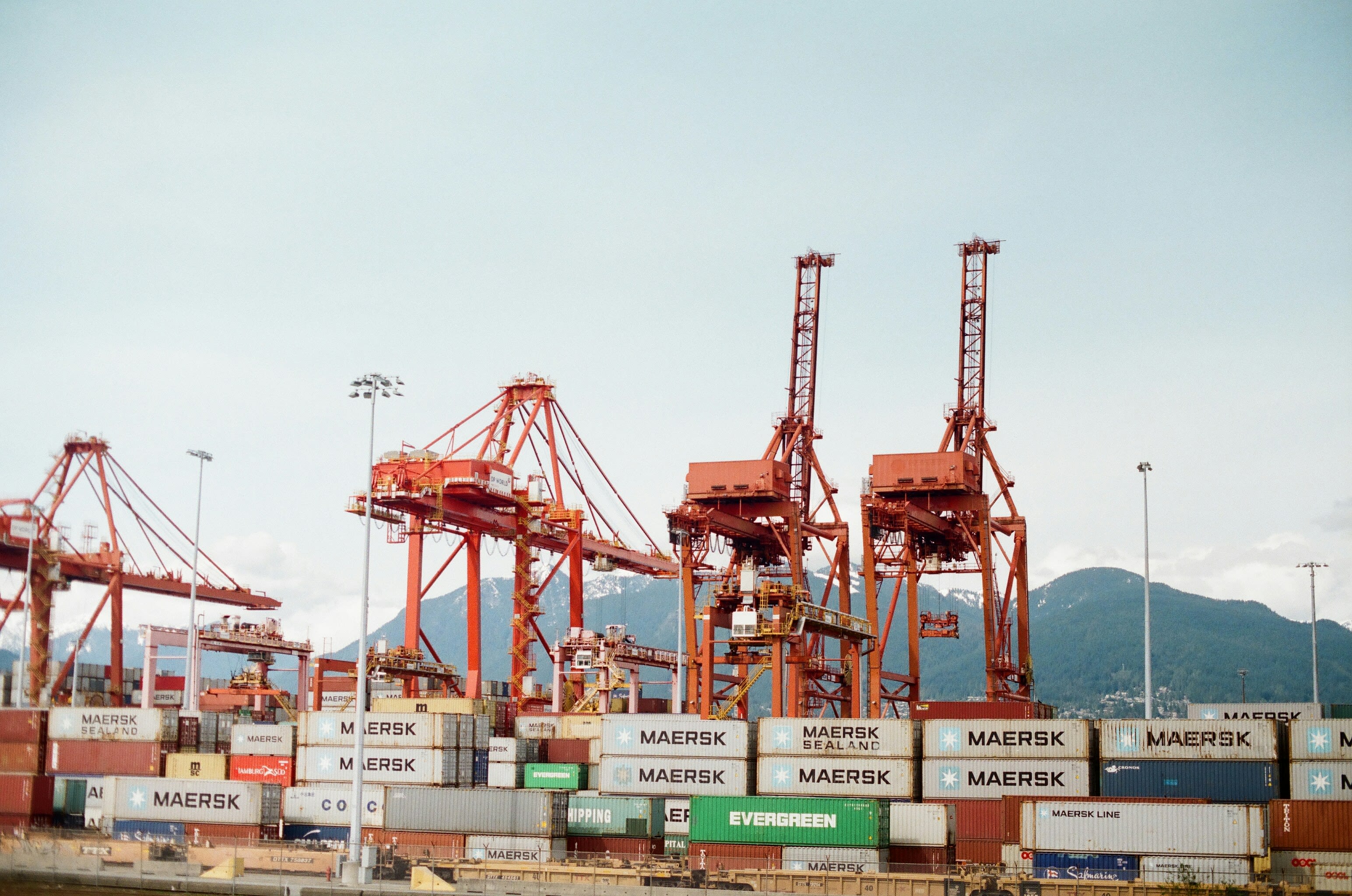One word that has been making headlines lately is tariffs. Recent developments have seen the U.S. impose tariffs on some countries' products, prompting retaliatory counter-tariffs. For businesses in Nigeria, understanding tariffs is important, as they directly affect the cost of imports, competitiveness, and profitability. In this blog post, we’ll discuss tariffs, how they work, and what Nigerian businesses can do to navigate their effects.
What are Tariffs?
Tariffs are taxes imposed by the government on goods imported into or exported out of a country. In Nigeria, tariffs are primarily applied to imports and are collected by the Nigerian Customs Service. These taxes are typically calculated as a percentage of the value of the imported goods (ad valorem tariffs) or as a fixed fee based on the type or quantity of the item (specific tariffs). Nigeria’s tariff system is influenced by the ECOWAS Common External Tariff (CET), which harmonises tariffs across West African countries. The CET aims to promote regional trade while protecting local industries.
Tariffs serve multiple purposes, including protecting local industries, generating government revenue, and regulating the flow of goods into the country. For businesses, understanding how tariffs work is essential to managing costs and staying competitive.
Tariffs can also be used as a tool in trade policy to achieve broader economic and political goals. For instance, they can help reduce trade deficits, retaliate against unfair trade practices by other countries, or encourage the consumption of domestic goods by making imported goods more expensive. However, tariffs can also lead to trade wars, where countries impose retaliatory tariffs on each other's goods, potentially harming global trade relations and economic stability.
By comprehending the nuances of tariffs, businesses can navigate international markets more effectively and make informed decisions regarding sourcing and pricing strategies. The key to leveraging tariff knowledge lies in continuous monitoring of changes in trade policies and staying abreast of updates in regional and global tariff regulations.
Types of Tariffs
There are three main types of tariffs that businesses in Nigeria should be aware of:
- Ad Valorem Tariffs: These are calculated as a percentage of the value of the imported goods. For example, if a product is valued at ₦1,000,000 and the ad valorem tariff rate is 10%, the importer will pay ₦100,000 in tariffs.
- Specific Tariffs: These are fixed fees applied to each unit of a product, regardless of its value. For instance, a specific tariff of ₦500 per bag of rice means that every bag imported will incur a ₦500 charge.
- Tariff-Rate Quotas: These are tariffs that apply lower rates up to a certain volume of imports. Once the quota is exceeded, higher tariffs kick in. This system is often used to balance the need for imports with the protection of local industries. For example, a country might allow the first 50,000 tonnes of sugar to be imported at a 5% tariff rate. Any sugar imported beyond that quota could be subject to a higher rate, say 20%. This system ensures that domestic producers are protected from excessive foreign competition while allowing some level of imports to meet demand.
Why Are Tariffs Used?
Tariffs are a key tool for governments to achieve specific economic goals. Here’s how they are used in Nigeria:
- Protecting Local Industries: By making imported goods more expensive, tariffs encourage consumers to buy locally produced items. For example, Nigeria has historically imposed tariffs on agricultural products like rice, wheat, and sorghum to support domestic farmers.
- Generating Government Revenue: Tariffs are a significant source of income for the government. The funds collected from import duties contribute to national budgets and public spending.
- Reducing Foreign Competition: Tariffs level the playing field for domestic producers by increasing the cost of foreign goods. This helps local businesses compete more effectively.
- Supporting Emerging Industries: Tariffs can protect infant industries that are not yet ready to compete with established foreign players. For instance, a country might impose tariffs on imported solar panels to encourage the growth of its renewable energy sector.
- Promoting National Security: Tariffs can also be used to protect industries that are crucial to national security. By imposing tariffs on certain imported goods, the government can ensure that the domestic production of essential items like defense equipment, technology, and critical infrastructure components remains robust. This reduces dependency on foreign suppliers and enhances national security by securing a reliable and controlled supply chain.
How Tariffs Affect Nigerian Businesses
For businesses in Nigeria, tariffs can have both positive and negative effects. On the one hand, they protect local industries and create opportunities for domestic producers. On the other hand, they can increase the cost of imported raw materials, components, and finished goods, which can drive up operational expenses.
For example, a Nigerian manufacturer that relies on imported machinery or electronics may face higher costs due to tariffs. Similarly, a retailer importing finished goods may need to adjust pricing strategies to maintain profitability.
Businesses may need to find alternative suppliers or source raw materials locally, which can lead to increased lead times and potential quality issues. On a positive note, tariffs can create opportunities for growth by encouraging businesses to invest in local production and supply chains. This can lead to job creation, skill development, and increased economic activity within the country.
What Can Businesses Do to Mitigate the Effects of Tariffs?
While tariffs are beyond the control of individual businesses, there are strategies that Nigerian businesses can adopt to minimize their impact:
- Source Locally: Where possible, consider sourcing raw materials or products from local suppliers. This not only reduces tariff-related costs but also supports the domestic economy.
- Diversify Supply Chains: Explore alternative markets for imports. For instance, if tariffs on goods from one country are high, consider sourcing from countries with which Nigeria has favourable trade agreements.
- Leverage Trade Agreements: Nigeria is part of the Economic Community of West African States (ECOWAS), which has a Common External Tariff (CET) system. Understanding these agreements can help businesses identify opportunities to reduce tariff costs.
- Optimize Inventory Management: Plan to avoid sudden increases in costs. By forecasting demand and stocking up on essential imports before tariff changes take effect, businesses can mitigate price shocks.
- Pass on Costs Strategically: In some cases, businesses may need to pass on increased costs to consumers. However, this should be done carefully to avoid losing market share.
Tariffs are a double-edged sword for Nigerian businesses. While they protect local industries and generate government revenue, they can also increase costs for businesses that rely on imports. By understanding how tariffs work and adopting strategies to mitigate their impact, businesses can navigate these challenges effectively. For Nigerian businesses, staying informed about tariff policies, exploring local sourcing options, and leveraging trade agreements are key to maintaining competitiveness in an ever-changing economic landscape.
At Vestance, we specialize in providing consulting services to businesses in the agriculture industry in Nigeria. Whether you’re looking to navigate tariff regulations, optimize your supply chain, explore new export opportunities, or scale your operations, our team of experts is here to help. For more specific guidance on how tariffs affect your business, reach out to us today. Let’s work together to ensure your business remains competitive and profitable in the global market.




